The Workforce Innovation and Development Institute (WIDI) is a part of the Policy, Strategy and Impact portfolio of RMIT University. Our focus is the social service workforce - and how we can help build a stronger community through a workforce that is diverse, skilled, responsive, healthy and innovative. We work in partnership with employers, workers, government and educators to realise this shared mission.
Our Mission
A strong community, supported by a diverse, skilled, responsive, healthy and innovative social service workforce.
Our Vision
To be a skilled and trusted partner, applying our sector knowledge and expertise in research, education and social innovation.
Our Ambition
To be a leader in the design and implementation of practical, scalable, workforce solutions.
The WIDI story
WIDI was established in 2016 as the “Future Social Service Institute (FSSI)” as a collaboration between RMIT University and the Victorian Council of Social Services (VCOSS). Supported by funding through Keeping our sector strong: Victoria’s workforce plan for the NDIS, the goal of FSSI/WIDI at that time was to “drive world-leading education, training and research for the disability and broader social services sector”. Initially, we focused on launching a small suite of initiatives and projects aimed at growing and strengthening the disability workforce and building leadership capability in the family violence sector.
Over time, WIDI has expanded our reach within the social service sector. From our initial partnerships within the disability and family violence sectors, we have broadened our focus into activities such as research and evaluation projects to understand the social service sector more broadly.
As WIDI continues to grow, so do our partnerships. WIDI is supporting the NSW Government to develop workforce strategies informed by the latest research and evidence and is providing expert advice on novel approaches to developing workforce datasets to inform workforce strategy and planning.
As part of RMIT, WIDI’s work supports the key pillars of Knowledge with Action: RMIT’s Strategy to 2031 with WIDI projects contributing to RMIT’s goals and activities related to social innovation, serving the community and lifelong learning. All of our work continues to be driven, first and foremost, by our desire to benefit the community through our partnership with employers, workers, Government and the training system.
WIDI advisors
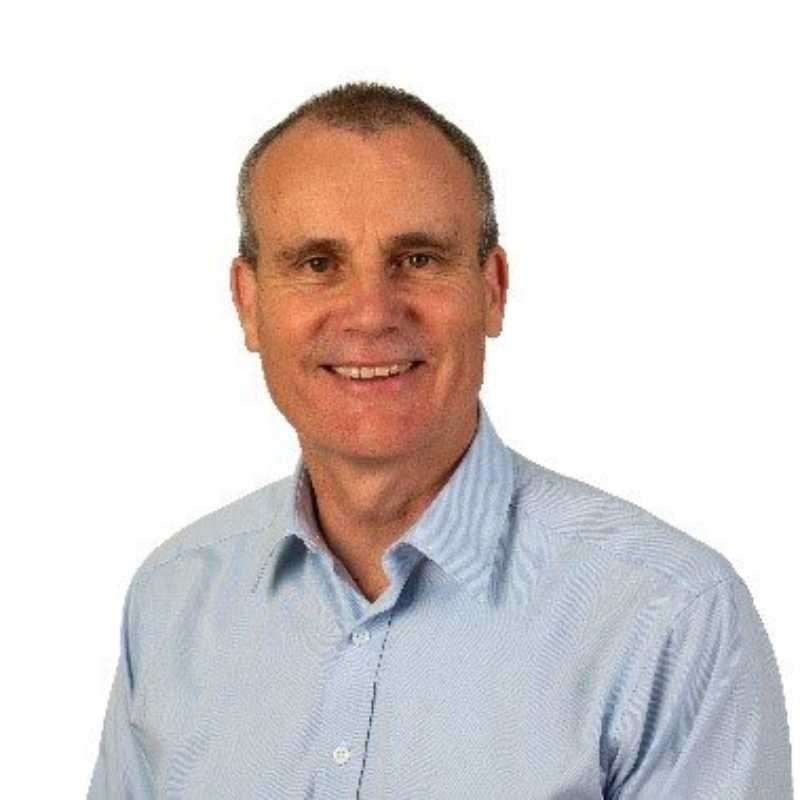
Barry Sandison
Former Director AIHW
Barry Sandison recently commenced as a senior fellow in the College of Health and Medicine at the Australian National University, supported by a Fellowship from the Paul Ramsay Foundation.
He is also a member on two national Boards (the Alcohol and Drug Foundation and Australia’s National Research Organisation for Women’s Safety) and one local Canberra Board, Raw Potential, supporting vulnerable young people. He is also a strategic advisor to a number of commercial and not for profit organisations.
Prior to his departure from the Australian Public Service in June 2021, he was the CEO of the Australian Institute of Health and Welfare for 5 years. In his time at the Institute, Barry focused on sharpening the Institute’s strategic focus, growing the awareness of the Institute’s impressive capabilities and broadening the range of health and welfare data products managed by the Institute. Recognition of the Institute’s growing capabilities can be seen in its doubling in size over the 5 year period.
With over 38 years' experience in the public sector across more than 13 agencies, his expertise covers a wide range of health and welfare related work, with previous roles in both policy and service delivery.
Prior to joining the Institute, Mr Sandison was a Deputy Secretary within the Australian Government Department of Human Services, where he undertook roles in both the Centrelink and Medicare elements of the Department and oversighting its strategic information management function. Prior to these roles, Mr Sandison held senior executive roles in various other Commonwealth Departments involved in social policy.
Mr Sandison is known across the Australian Public Service, State/Territory agencies and the non Government sector for his collaborative approach and leadership in data and information management.This interest and knowledge has been applied in both policy and service delivery roles and most recently very directly through his role in leading the work of the nationally recognised AIHW.
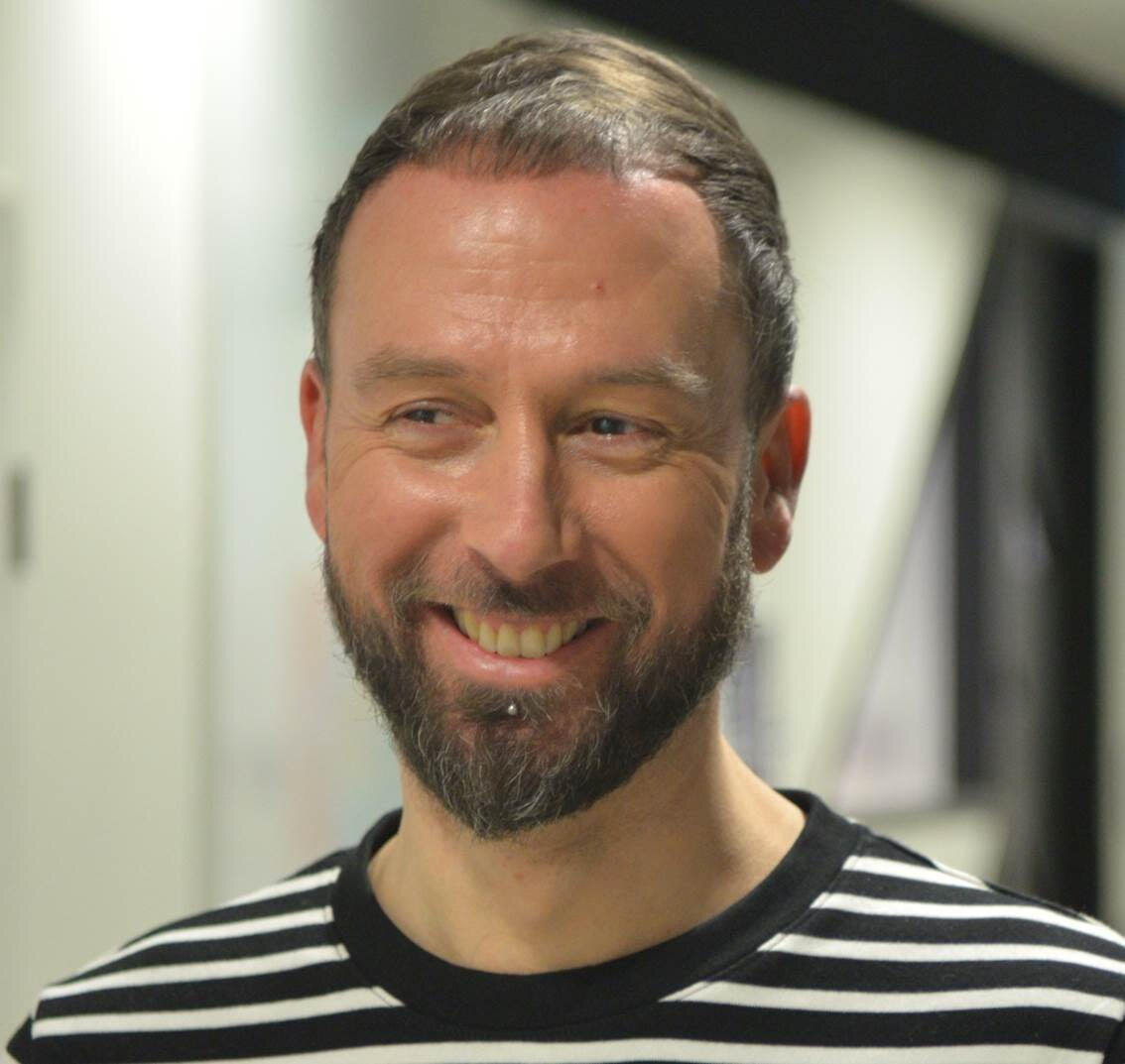
Cameron Duff
Associate Professor
Cameron Duff is an Associate Professor at the Centre for People, Organisation and Work in the College of Business and Law at RMIT University in Melbourne.
Duff’s major areas of research explore the role of social innovation in driving social change in the community and not-for-profit sectors, with a focus on housing policy and mental health care. He is particularly interested in examining how organisational strategies such as workforce development, program design and leadership may sustain improvements in health and social care. Duff regularly collaborates with national and international research partners, and he publishes the results of this research in the top international journals in organisational studies, health and social care, sociology, geography and planning, public health and medical anthropology.
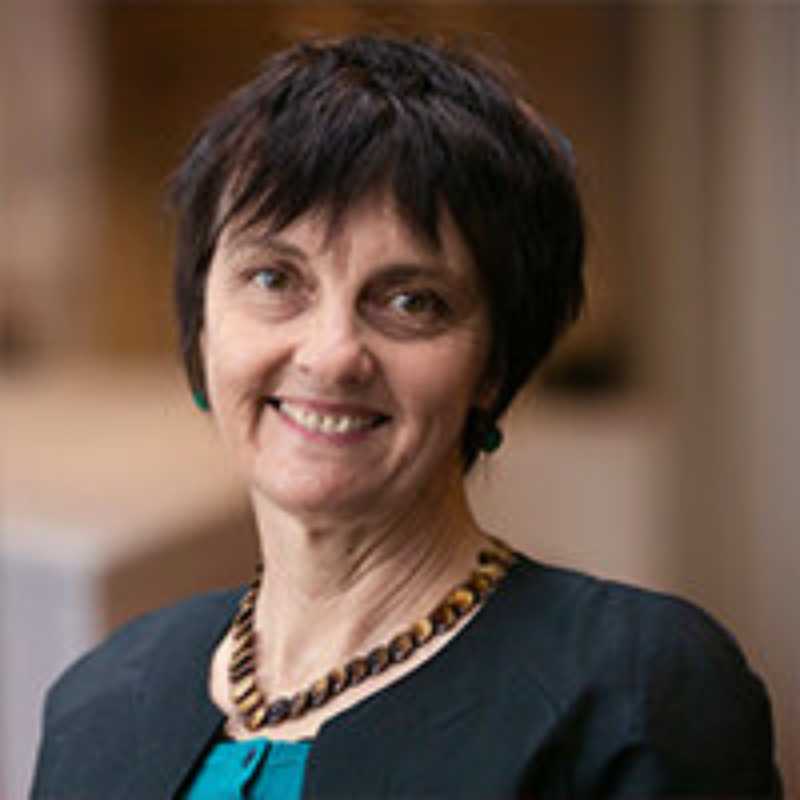
Sarah Fordyce
State Manager NDS
Sarah is the State Manager of National Disability Services Victoria. She has extensive experience in the disability sector.
Prior to her previous long term role as the policy lead in Victoria with NDS, she has worked with not for profits and government in disability, aged care and primary care in both Australia and the UK. She has a commitment to human rights, and a particular interest in disability workforce challenges. She enjoys tackling complex issues in collaboration with multiple stakeholders to achieve good outcomes.
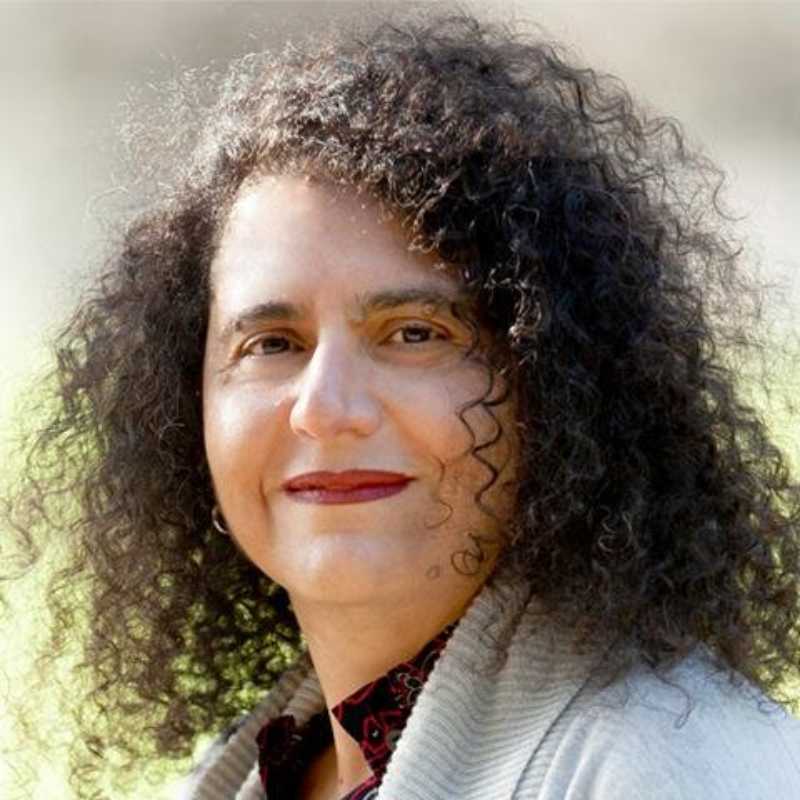
Tania Farha
CEO Safe and Equal
Tania Farha is the CEO of two merging organisations: the Domestic Violence Resource Centre Victoria (DVRCV) and Domestic Violence Victoria (DV Vic).
Before taking up this role, she was the Executive Director for Crime Prevention and Countering Violent Extremism in the Department of Justice and Community Safety. Prior to that, she was the Executive Director for Multicultural Affairs, Social Cohesion and Equality in the Victorian Department of Premier and Cabinet. She has also held the role of CEO of the former Office of Prevention and Women's Equality within the Department of Premier and Cabinet.
Tania worked at UN Women for over four years as a policy specialist in the Ending Violence Against Women Section and worked for Victoria Police for over nine years, where she was responsible for the implementation of a number of reforms in relation to violence against women and children.
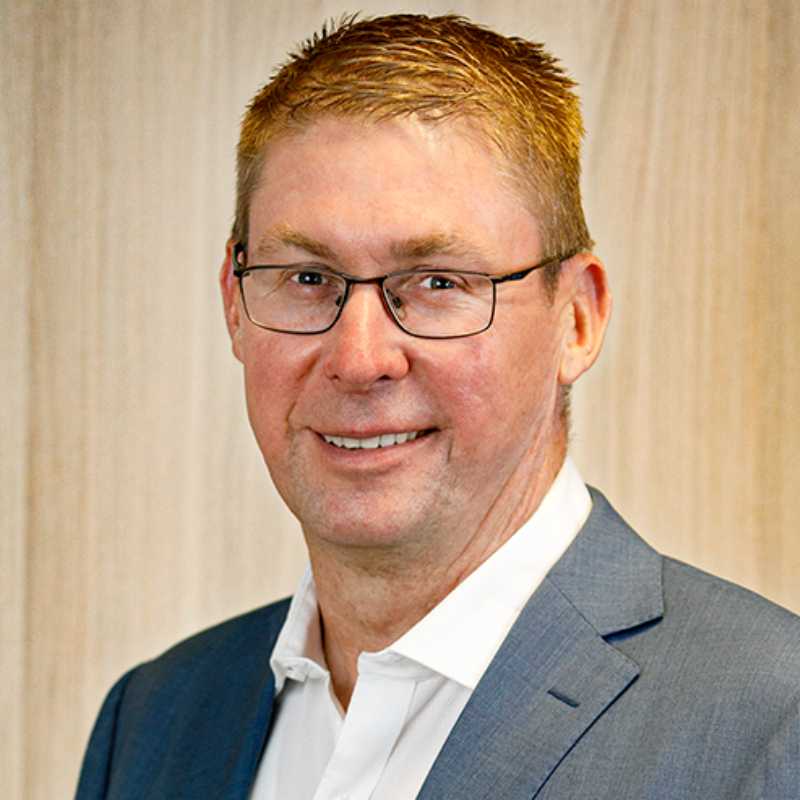
Terry Symonds
CEO Yooralla
Terry Symonds joined Yooralla as Chief Executive Officer on 1 March 2021. With this appointment, Terry returns to the disability services sector, almost 30 years after beginning his professional career as a Disability Support Worker.
He brings extensive leadership and healthcare sector experience to his role.
In his most recent position as Deputy Secretary of the Health and Wellbeing Division of the Department of Health and Human Services in Victoria, Terry had oversight of delivery of health care through hospitals and community agencies, as well as mental health and aged care.
He has also played a key role in the negotiation of national agreements between the Commonwealth and State, and in the health and aged care response to COVID-19.
Previously, Terry was the Deputy Secretary for Strategy, working closely with the community sector for the reform of out of home care. He has also held senior roles at the Royal Melbourne Hospital and in Queensland Health.
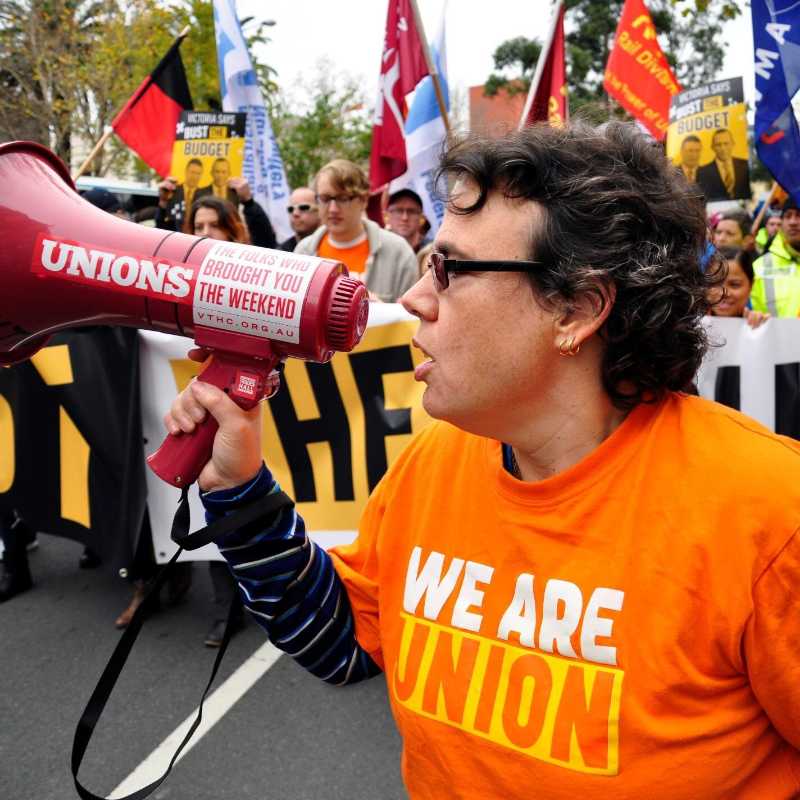
Wil Stracke
Assistant Secretary, Victorian Trades Hall Council
Wilhelmina Stracke is the Assistant Secretary of the Victorian Trades Hall Council. She was previously an Associate Solicitor at Slater & Gordon before commencing as an organiser with the Australian Service Union in 2004.
At the ASU, Wil worked with members on EBA and workplace campaigns before becoming a Lead Organiser. In that role, Wil led the Victorian team as part of the ASU national ‘Equal Pay’ campaign to achieve wage justice for underpaid, predominantly female workers in the social and community services sector. In 2013, Wil moved to the VTHC, coordinating movement wide political campaigns including the 2014 ‘We are Union’ campaign that helped oust a first term conservative State government. More recently, Wil coordinated the Victorian field campaign for the ‘Yes’ campaign for marriage equality. In 2014 Wil was elected as VTHC Campaigns/Industrial Officer and in 2018 as Assistant Secretary.


